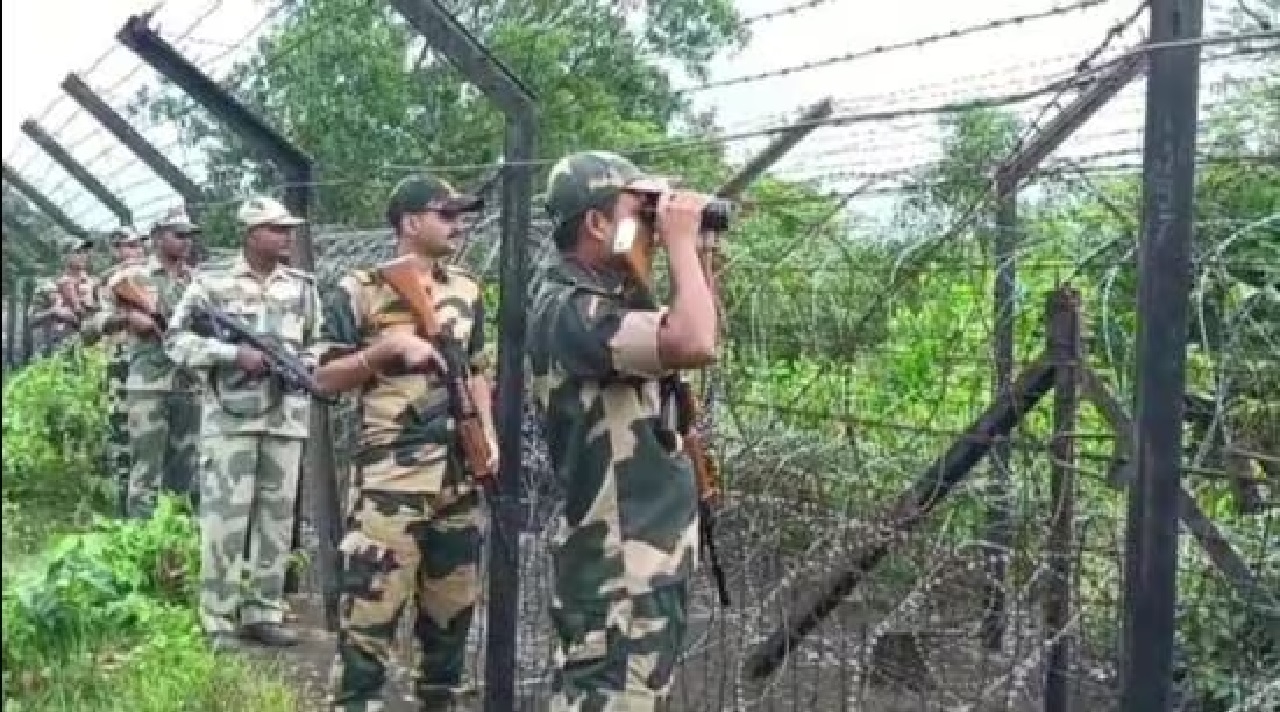Central Committee Established to Oversee Border Safety
In a decisive move amid escalating unrest in Bangladesh, the Indian government has formed a high-level committee to oversee the Indo-Bangladesh border and ensure the safety of Indian citizens and Hindu minorities in Bangladesh. Union Home Minister Amit Shah announced the formation of the committee on August 9, 2024, addressing growing concerns about violence and instability in the neighboring country.
The newly established committee will be led by the Assistant Director General (ADG) of the Eastern Command of the Border Security Force (BSF). Its primary mandate includes monitoring the situation along the border, safeguarding Indian nationals, and coordinating with Bangladeshi authorities to address the crisis. This initiative is a response to alarming reports of targeted attacks against Hindu temples and Indian cultural institutions, alongside increasing attempts by individuals to cross into India amid the turmoil.
Monitoring and Coordination Efforts
The committee’s responsibilities will encompass a broad range of tasks aimed at ensuring the safety and security of affected communities. It will work closely with Bangladeshi officials to facilitate effective communication and coordination, focusing on preventing cross-border tensions and providing assistance to those in need. The move highlights India’s proactive stance in addressing the crisis and protecting its citizens and minorities abroad.
Shah emphasized that the committee’s formation is a strategic response to the deteriorating situation in Bangladesh, where political instability has led to significant unrest. The committee will be instrumental in managing the impact of the crisis on both sides of the border, with a particular focus on vulnerable communities.
Unrest and Political Changes in Bangladesh
The unrest in Bangladesh began as protests against job quota policies but rapidly escalated into a broader movement demanding the resignation of Prime Minister Sheikh Hasina. Hasina’s resignation and subsequent flight from the country on August 5 marked a dramatic shift in the political landscape. Nobel Peace laureate Muhammad Yunus has since taken charge as the head of the interim government, with a mandate to restore stability and address the ongoing violence.
Despite Yunus’ promises to restore peace, the situation remains volatile. Reports indicate that Hindu temples and residences have been targeted by mobs, and several Indians, including students and traders, have found themselves trapped amid the chaos. The attacks on religious and cultural sites underscore the severity of the unrest and the urgent need for intervention.
International and Diplomatic Responses
In response to the crisis, Indian Prime Minister Narendra Modi has expressed hope for a swift return to normalcy and reiterated India’s commitment to working with Bangladesh to ensure the safety of minority communities. Modi’s statement reflects India’s determination to foster peace and security in the region and underscores the importance of diplomatic efforts in resolving the crisis.
The United Nations has also expressed concern over the violence against minorities in Bangladesh. Farhan Haq, spokesperson for UN Secretary-General Antonio Guterres, condemned the racially based attacks and called for immediate measures to control the violence. The UN’s stance highlights the international community’s apprehension about the situation and the need for a coordinated response to address the humanitarian crisis.
Yunus’ Appeal for Peace
As the interim leader, Muhammad Yunus has made a public appeal for peace and pledged to take strict action against those responsible for the attacks. His commitment to restoring order is seen as a crucial step towards stabilizing the region and ensuring the safety of all affected communities. Yunus’ efforts will be closely monitored by both domestic and international observers as he works to address the ongoing crisis.
The formation of the Indian committee, coupled with international and diplomatic responses, reflects a concerted effort to manage the impact of the unrest and protect those at risk. As the situation continues to evolve, ongoing monitoring and engagement will be vital in addressing the crisis and fostering stability in the region.
(With inputs from agencies)








